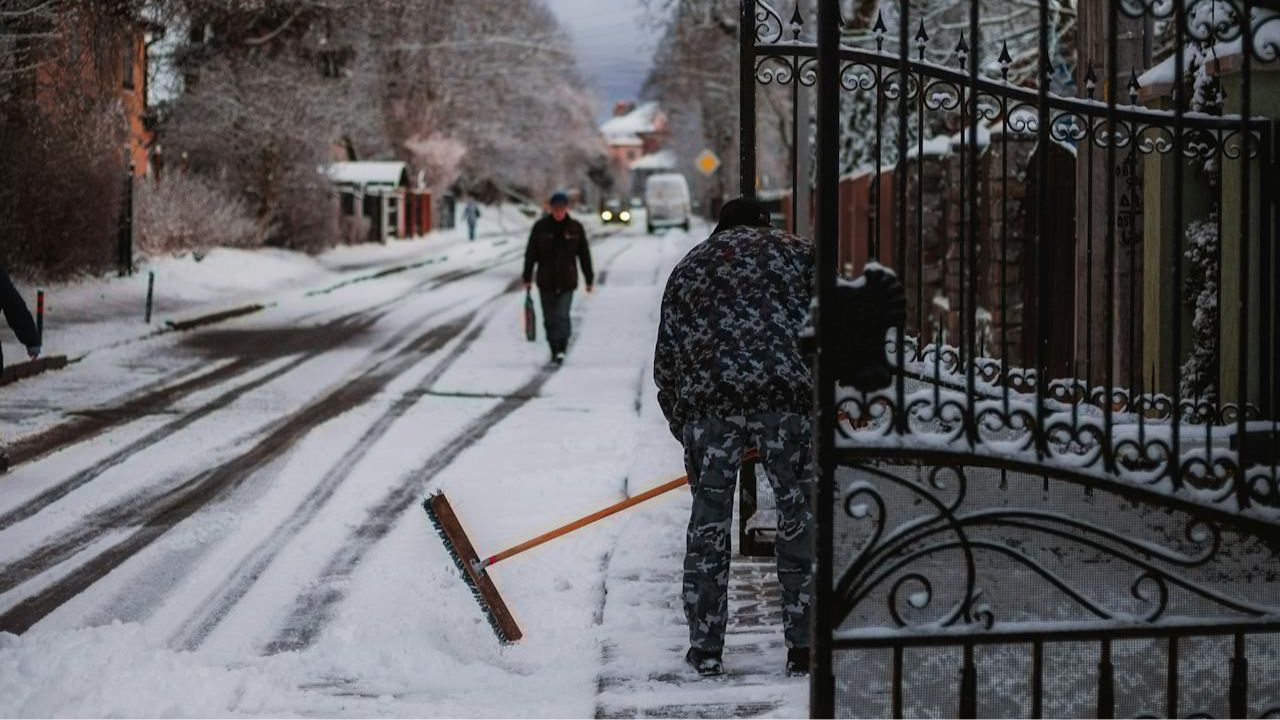Households often live closer to city codes and HOA rules than they realize. What feels minor inside the fence line can still affect sidewalks, storm drains, and shared air. The pattern is predictable. Miss a permit, overwater in a drought, or block a right of way, and the warning letter arrives fast. None of this is about nitpicking. It is about safety, access, and neighbors getting by. A little attention now costs less than penalties and do overs later.
Ignoring Local Watering Restrictions

Drought ordinances carry teeth. Many cities cap irrigation to set days and hours, ban runoff into streets, and escalate fines after warnings. Smart controllers, drip zones, and mulch help lawns survive with less water and less scrutiny. Run sprinklers at night or early morning, fix overspray that hits pavement, and log schedule changes during restrictions. Enforcement often follows neighbor reports and meter spikes, so conservation brings both compliance and lower bills.
Running Unregistered Short Term Rentals

Short term rentals become expensive when registration, taxes, and occupancy caps get ignored. Many jurisdictions require a visible permit number in listings, a local contact who answers calls, and quiet hours that match local noise codes. HOAs may prohibit transient lodging entirely, and fines stack with platform penalties or delisting. Safety gear matters too. Working alarms, posted exits, and parking plans reduce complaints, but legality rests on paperwork filed before guests arrive.
Skipping Permits For Renovations

Electrical runs, load bearing changes, new plumbing, or window enlargements rarely qualify as minor. Without permits, inspectors can halt work, issue fines, and require demolition to expose hidden areas for code checks. Unpermitted work also risks denied insurance claims after a loss and can stall sales when buyers request permit histories. Calling the building desk early sets scope, fees, and inspection timing. Good contractors include this process, document installs, and keep results on file.
Letting Lawns And Weeds Take Over

Property maintenance rules address pests, sightlines, and neighborhood access. Tall grass, curb strip thickets, and shrubbery that blocks sidewalks invite citations, especially after courtesy notices are ignored. A simple rhythm works. Mow regularly, edge along public paths, and clear street facing corners. Xeriscaping can cut water and labor, but most areas still require plans, rock containment, and weed barriers. Defined mulch beds and native plants satisfy codes while keeping yards tidy and resilient.
Mishandling Trash, Recycling, And Bulk Items

Bins create problems when rolled out too early, left on the curb past pickup, or parked in the sidewalk zone. Mixing yard waste with recycling or setting unapproved bags for bulky items also triggers tickets. Cities publish hour windows by route and track repeat violations. Label bins, rinse containers, flatten cardboard, and store carts out of street view. For sofas and appliances, schedule official collection or use a transfer station to avoid roadside dumping fines.
Outdoor Fires, Grills, And Fireworks

Fire codes draw sharp lines around balconies, setbacks, and seasonal bans. Charcoal or wood on combustible decks is often prohibited, and no burn days extend to backyard pits when winds rise. Spark screens, distance from structures, and extinguishers are common requirements. Holiday fireworks can violate both local law and HOA rules, especially in dense areas. Safer options include gas appliances with shutoffs and community spaces designed to meet code without smoke drifting over fences.
Parking On Lawns Or Blocking Sidewalks

Sidewalks are public rights of way, and blocking them with bumpers or bins forces strollers, wheelchairs, and kids into the street. That draws quick enforcement. Parking on lawns or unpaved areas also violates property standards and can damage buried utilities. Driveways have defined widths, and curb cuts need permits. Adding pavers inside code limits solves overflow. Events still need clear walk paths and visible addresses so first responders can reach the door without delay.
Excessive Noise After Quiet Hours

Power tools, amplified music, and generators outside permitted hours draw complaints that become fines. Codes often list different thresholds for weekdays, weekends, and holidays. Sound travels farther than expected across hard surfaces, open garages, and shared walls. Small fixes help. Close doors, isolate compressors on pads, swap to quieter equipment, and log start and end times during projects. Hosts can post wrap times and keep bass in check so gatherings end without visits from officers.
Blocking Sidewalks With Bins, Snow, Or Yard Debris

Most cities place the burden of sidewalk clearance on adjacent property owners. Bins in the walking path, hedge clippings piled for days, or snow berms pushed toward the curb all create hazards and violations. Many codes specify hour by hour snow removal timelines and forbid blowing debris into streets. Stage bins at the curb edge, tie branches neatly, and clear curb ramps. Mail carriers, students, and neighbors pass safely, and enforcement stays away.
Building Fences That Ignore Setbacks Or Height

Fences bring fast trouble when they cross lines, exceed height caps, or block corner visibility. Corner lots often have stricter sight triangle rules to keep drivers safe. Before digging post holes, confirm plats, call utility marking lines, and check HOA design guides. Surveys settle disputes faster than arguments over paint marks. When permits apply, submit drawings and schedule inspections. Good neighbors share measurements, agree in writing, and avoid years of awkward conversations.
Repainting Exteriors Or Adding Signs Without Approval

HOA communities regulate palettes, finishes, house numbers, and seasonal decor. Skipping architectural review can trigger daily fines and forced repainting. Cities may also restrict illuminated signs and moving lights in residential zones. Approvals go faster with color chips, sheen details, and fixture specs. Choose durable low glare options that respect dark sky guidelines. The result is a facade that fits the street, keeps enforcement satisfied, and still reflects the household’s taste.
Dumping Hazardous Waste Or Misusing Storm Drains

Storm drains send water directly to creeks, not treatment plants, so chemicals and soaps become immediate violations. Paint, solvents, automotive fluids, and wash water belong in controlled disposal streams. Cities run drop off days for chemicals, batteries, and electronics at low or no cost. Use absorbent pads, sealed containers, and labeled bags to prevent leaks. Wash cars on gravel or grass, capture runoff during projects, and keep fines and fish kills off the ledger.


